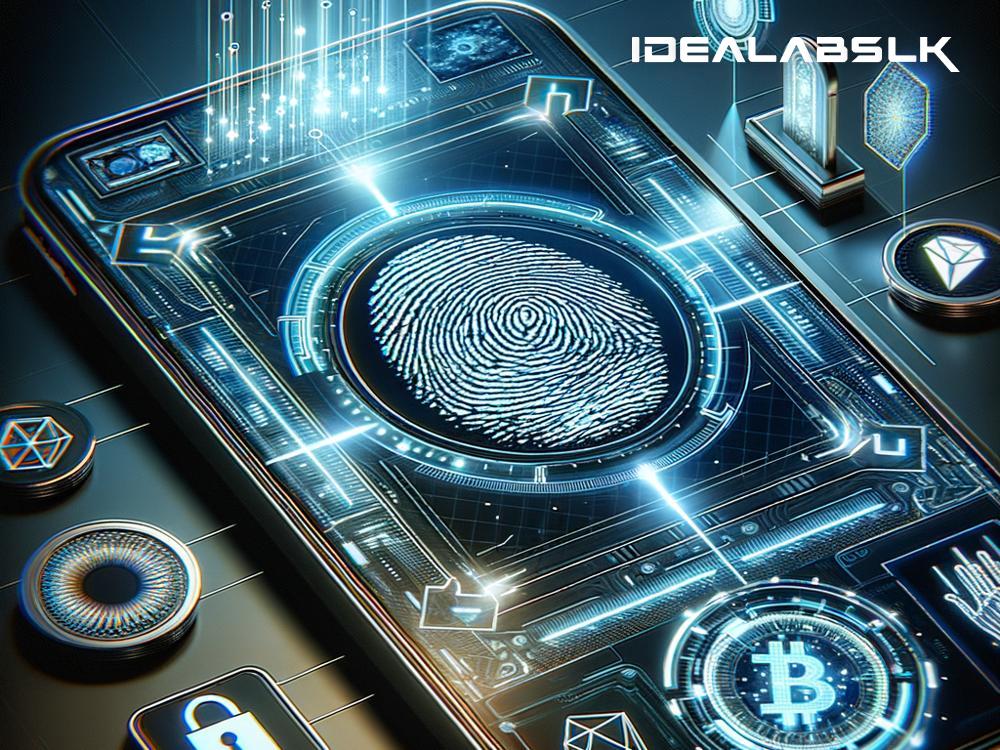How Blockchain Will Impact Future Authentication Systems
In the digital world we live in, keeping our online information secure is more critical than ever. From logging into our social media accounts to securing sensitive work documents, we rely on authentication systems to confirm it's really us accessing our data. But as hackers get smarter, our current systems can struggle to keep up. This is where blockchain technology comes into play. It's a term you might have heard thrown around in talks about cryptocurrency, but its implications stretch far wider, especially in improving authentication systems.
What is Blockchain, Anyway?
Imagine a digital ledger that's shared among a network of computers. Every transaction or exchange of data that occurs in this network gets recorded as a "block" of information. These blocks then link with previous ones, forming a chronological chain—hence, blockchain. The beauty of this system? It's extremely secure. Since data isn't stored in a single location but across a network, tampering with it becomes nearly impossible. You'd have to change the information on every block in the chain across all the computers at once—a feat that's not just difficult but practically unachievable for hackers.
The Current Authentication Landscape
Today, most of us rely on passwords, PIN codes, or biometrics (like fingerprints) to authenticate our identities. However, these systems have their flaws. Passwords can be stolen or guessed, PIN codes can be cracked, and even biometrics aren't foolproof. Plus, managing countless passwords for different platforms isn't just a hassle; it's a security risk in itself. This is where blockchain could offer a significant upgrade.
How Blockchain Can Transform Authentication
No More Centralized Databases
One of the primary ways blockchain can revolutionize authentication systems is by removing the need for centralized databases. Currently, when you create an account on a website, your personal details are stored on that website's servers. If hackers break into these servers, they can access your data. But with blockchain, your information could be stored across a decentralized network, making it much harder for hackers to exploit.
Unchangeable Records
Blockchain's ability to create immutable records can be a game-changer for authentication. Once data is entered into a blockchain, it cannot be altered without changing all subsequent blocks and gaining the network's consensus. This could help prevent identity theft and ensure the authenticity of the person trying to access the account or data.
Smart Contracts for Automated Authentication
Blockchain can automate authentication processes through smart contracts—self-executing contracts with the terms directly written into code. For example, instead of manually verifying your identity each time you use a service, a smart contract could automatically validate it against the blockchain, granting access if you meet the set criteria. This not only boosts security but can significantly speed up the authentication process.
Digital Identities
Perhaps one of the most exciting prospects is the development of secure digital identities on the blockchain. These identities would be unique to each individual, impossible to replicate, and could contain pieces of individual's personal data they wish to disclose for verification without exposing everything. This way, you control who sees your information and what they see, all while maintaining top-notch security.
The Road Ahead
While the potential for blockchain to transform authentication systems is immense, it's not without its challenges. Scalability, energy consumption, and the transition from current systems are all hurdles that need addressing. Yet, with continuous advancements in blockchain technology, it's becoming increasingly clear that it could play a pivotal role in the future of secure authentication.
In closing, as we move further into the digital age, the quest for secure, efficient authentication systems becomes ever more critical. Blockchain offers a promising solution with its decentralized, tamper-resistant technology. As we look toward the future, it's not hard to imagine a world where logging into your email, accessing your bank account, or even entering your workplace requires blockchain-verified authentication—a future where our digital identities are as unique and secure as we are.

